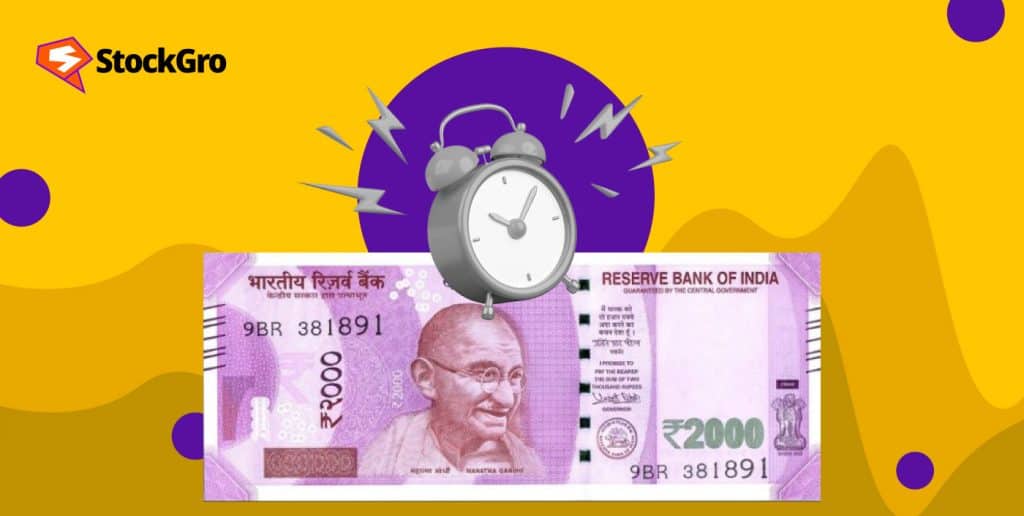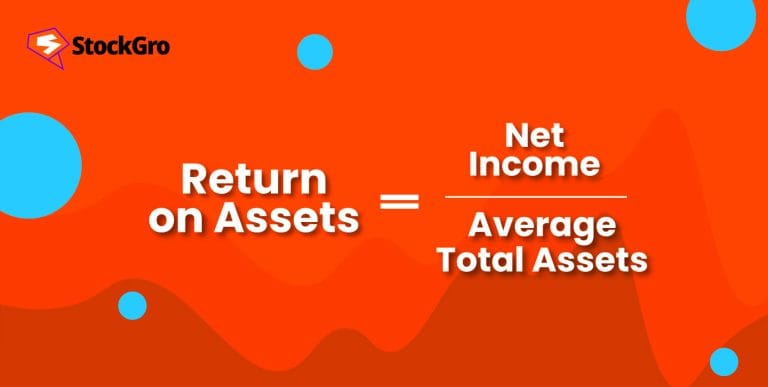
Envision yourself given the choice between receiving ₹1,000 immediately or in a year. What would be your preference? If you’re like most, you’d take the money today, and that’s the time value of money (TVM) at play.
TVM is a key concept in financial management that suggests that the money one has now is more valuable than an equal amount to be received in future due to the ability it possesses to have earned. Therefore, it is important to comprehend this notion since it affects each and every decision that calls for either immediate satisfaction or delayed benefits as well as planning for retirement security by investing or saving strategically.
Without a doubt, knowledge of TVM can be the defining element between a financially successful future and missed opportunities. The article goes on further into this idea of TVM by examining how it is calculated and why it matters.
What is the time value of money?
The heart of TVM is the value of money changing over time. It’s a financial theory that explains why receiving ₹1,000 today is preferable to getting this same amount a year from now.
The main reason? Opportunity cost. Money today can be invested, earning interest or returns, thereby increasing in value over time. Other reasons include inflation, risk and uncertainty.
For example, if you had invested ₹100 at interest rates of 5% p.a., after one year, you would have ₹105, but if you received ₹100 next year, then you would lose out on possible earnings and actually lose money.
Anyone looking to make wise financial decisions like investing in stocks, saving for education or planning for retirement needs to grasp this basic concept about TVM.
Time value of money calculation
So, let’s take a closer look at the formula for the time value of money:
FV=PV[1+(in)](nt)
If you know the current worth of money, you can apply this formula to find its future value. Alternatively, you can use this method to find out how much a future sum is worth right now:
PV=FV[1+(in)](nt)
In both these formulas here are what abbreviations stand for:
FV – Future value of money
PV – Present value of money
i – Interest rate or discount rate
n – Quantity of compoundings annually
t – Number of years
Also read: Compounding or annualised: Which FD yield method works for you?
Example
Let’s assume:
PV – ₹10,000
i – 5% or 0.05
n – 4 (compounded quarterly)
t – 10 years
We will use the above formula to figure out how much we should invest right now based on specifics about the projected rate of return and the value in the future.
FV=10000[1+(0.054)](410)=100001.6436=₹16,436
Therefore, if you put ₹10,000 into an account with a 5% yearly interest rate and compounding every three months, it will be worth about ₹16,436 after ten years.
Methods and techniques of the time value of money
Here are some of the fundamental techniques and methods of the time value of money:
- Compounding:
Compounding refers to increasing the value of an investment through interest earned to date on both initial principal as well as accumulated interests from earlier periods. This effect causes wealth to grow exponentially over time because each period’s interest income becomes part of the principal for calculating the future interest rate.
- Discounting:
Discounting conversely refers to finding present values instead. It determines whether it is worth waiting until later when someone could get something right now instead. This reflects on whether cash which is available now has a higher value than the same amount in the future due to the capacity to earn.
Must read: The role of compound interest to reach your financial goals
Importance of time value of money
Coming up with a map to guide you towards your financial destiny is vital when making sound investment choices. With the rise in popularity of such planning, most people are aware of how the time value of money (TVM) can shape their future finances. The importance of TVM is well stated and discussed below:
- Financial planning: The concept of TVM helps investors establish realistic financial objectives and thereby determine how much they must save or invest to accomplish this objective.
- Investment decisions simplified: TVM acts as a lighthouse; it assists you in evaluating the attractiveness and appropriateness of different types of investments as well as business initiatives. By weighing the benefits of a choice against the costs, it helps you make a well-informed choice.
- Loan considerations: For those who borrow, the significance of TVM lies in understanding the true costs attached to borrowing money. On the other hand, this also helps lenders set reasonable interest rates.
- Risk evaluation: Wealth can be eroded over time considerably. This is why investors need TVM since it enables them to ponder over possibilities about interest rate fluctuations and inflation’s impact on assets.
You may also like: Risk tolerance: Defining your personal investment strategy and portfolio
Bottomline
The knowledge of TVM empowers individuals to optimise their financial resources, set realistic financial goals, and make strategic decisions that enhance their financial well-being. It serves as a foundational element in financial literacy, enabling more effective management of wealth and financial health over time.

